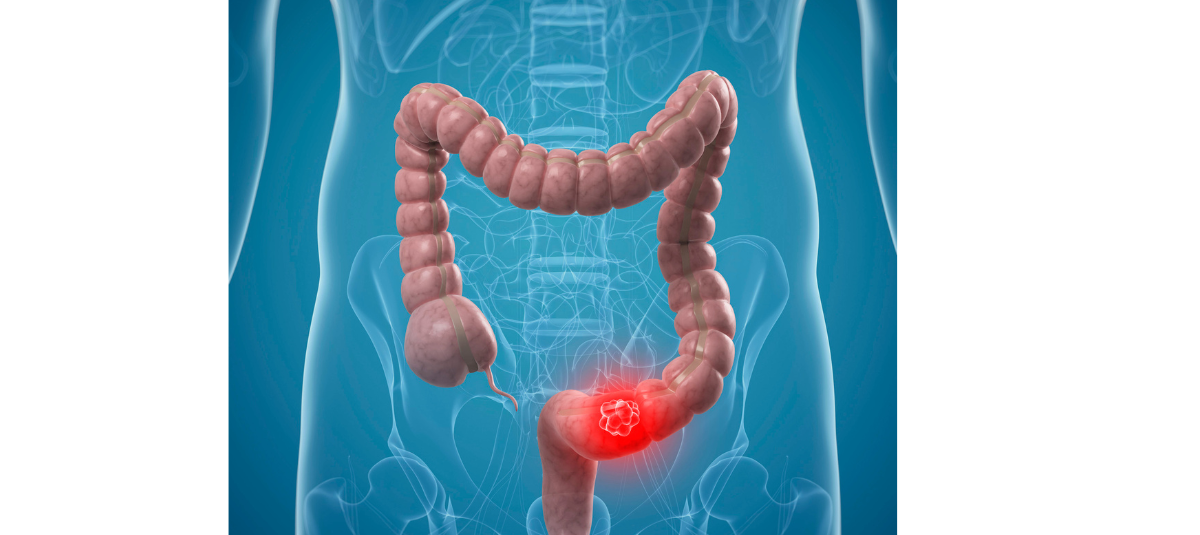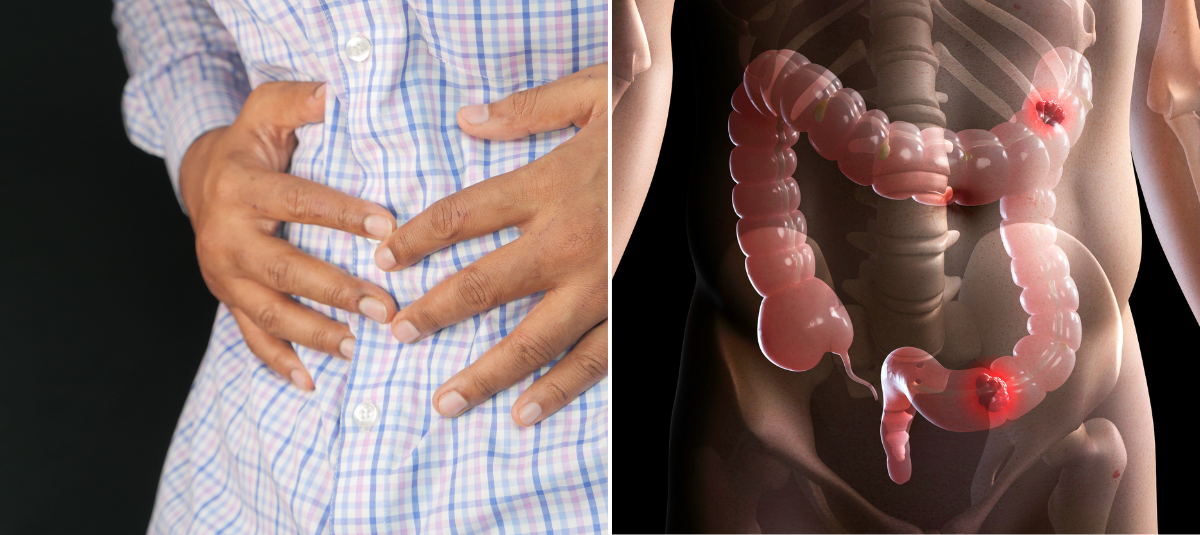Are fecal microbiota transplants good for you? Research warns of potential risks

Fecal microbiota transplants (FMTs) have been touted as a potential treatment for a variety of conditions, from inflammatory bowel disease, obesity, and type 2 diabetes to autism .
However, new research from the University of Chicago warns against the widespread use of FMT due to the potential for long-lasting, unintended health consequences for those who undergo it.
These treatments involve transferring microbes from the feces of a healthy person to a sick person, in the hopes of restoring a healthy balance to the gut microbiome. Because feces primarily contain anaerobic microbes from the colon (i.e., they cannot tolerate oxygen), FMT can cause disruptions in the gut ecosystem when these bacteria colonize the small intestine and other parts of the digestive tract.
In experiments with mice and studies with human tissue samples, the researchers behind the new study observed that anaerobic colonic microbes not only colonized the small intestine after a single transplant, but also persisted there for months. These microbes also changed their new intestinal environments to their advantage, "terraforming" them in ways that led to changes in the recipient's metabolism, behavior, and energy balance .

They involve transferring microbes from the feces of a healthy person to a sick person. Photo: iStock
"I think it's kind of a wake-up call to the field that maybe we shouldn't be putting microbes from the large intestine into different parts of the gut that shouldn't be there," said Orlando (Landon) DeLeon, PhD, a postdoctoral researcher at UChicago and senior author of the new study, which was published in Cell .
"If we're designing good therapies, we must be mindful of the importance of adapting the regional microbiota to its appropriate environments so that we provide better overall health benefits."
A vast and varied ecosystem Fecal microbiota transplants are only approved by the Food and Drug Administration (FDA) to treat repeated infections with Clostridium difficile (C. diff), an opportunistic bacteria that often causes severe gastrointestinal symptoms and inflammation in hospitalized patients who have received antibiotics.
Seeing the success in treating patients with C. difficile , many physicians have been eager to use TFM to treat other digestive conditions. Researchers understand that the health of the gut microbiome can affect every vital organ and system in the body, so the idea is that replacing a "sick" gut microbiome with a "healthy" one could solve the problem in one fell swoop.
However, experts point out that the gut is not simply a consistent environment with the same microbiota throughout, but rather has several distinct regions that are very different microbial ecosystems , each tailored to specific microbes that can provide vital functions for the health of their host.
"There are microbes throughout the entire intestinal tract, and we predominantly only study the last third of it (the colon)," DeLeon explains. "So how can you expect a TFM, with microbes from one-third of the intestinal tract to the end, to fix the rest of the gut?"
To test the effects of FMT on different parts of the gut, DeLeon, Dr. Eugene B. Chang, Martin Boyer Professor of Medicine at UChicago and senior author of the study, and their team conducted a series of experiments with mice. One group of mice received a transplant of microbes taken from the jejunum, the first portion of the small intestine. A second group received standard FMT, and a third group received a transplant from the cecum, a section connecting the small and large intestines, which has a mix of microbes from both.

Most of these transplants involve colon microbes. Photo: iStock
Recipients of such a transplant are usually first treated with antibiotics to eliminate the microbes living in the gut and clear the way for the newly transplanted microbes to establish themselves, although sometimes in the wrong places. Tests showed that the microbes from each of these transplants successfully colonized the entire intestinal tract of the mice, not just their native niches. This created regional intestinal imbalances that persisted for up to three months after a single transplant.
The altered microbiomes also changed metabolite production in each gut region, which can impact host health . The researchers observed changes in liver metabolism, including the activity of genes associated with immune function. They also observed differences in the mice's eating behavior, activity, and energy expenditure after the transplants .
The most surprising finding was that having the wrong microbes in the wrong place reshaped the tissue's identity to make it more suitable for them. DeLeon observed that the mismatches changed the expression of genes and proteins in the gut lining so that they more closely resembled the expression levels of the microbes' original or native gut regions.
An 'omnimicrobial' approach For experts such as Toni Gabaldón, Icrea research professor and head of the Comparative Genomics group at the Institute for Research in Biomedicine (IRB Barcelona) and the Barcelona Supercomputing Centre (BSC-CNS), who did not participate in the study, although the research has some limitations, especially in the part corresponding to human data where the number of patients analyzed is very small (seven), the analyses in mouse models, on the contrary, are very complete and use appropriate techniques.
Gabaldón also told the Science Media Centre that this study opens our eyes to how little we still know about the impact of fecal transplants and proposes exploring combined transplants from various sources (omnimicrobial). "Overall, more clinical and basic research is needed to understand the true therapeutic potential and possible side effects of a fecal transplant."
Specifically, both DeLeon and Chang advocate for omnimicrobial transplants, or OMTs. This approach would transfer microbes from all different regions of the gut, not just those largely sourced from the colon. Whether administered endoscopically or in pill form, microbes naturally settle in the right places, especially when competing head-to-head with other microbes that normally inhabit a given region.
"If there's an open space, something's going to fill it," DeLeon says. "But the microbes that were meant to be there are better suited to it, so they'll fill it more naturally even in the presence of other microbes."
With information from the University of Chicago
eltiempo


%3Aformat(jpg)%3Aquality(99)%3Awatermark(f.elconfidencial.com%2Ffile%2Fbae%2Feea%2Ffde%2Fbaeeeafde1b3229287b0c008f7602058.png%2C0%2C275%2C1)%2Ff.elconfidencial.com%2Foriginal%2F847%2F3f8%2F279%2F8473f8279ed16c6363a1656b88987b3e.jpg&w=1280&q=100)


